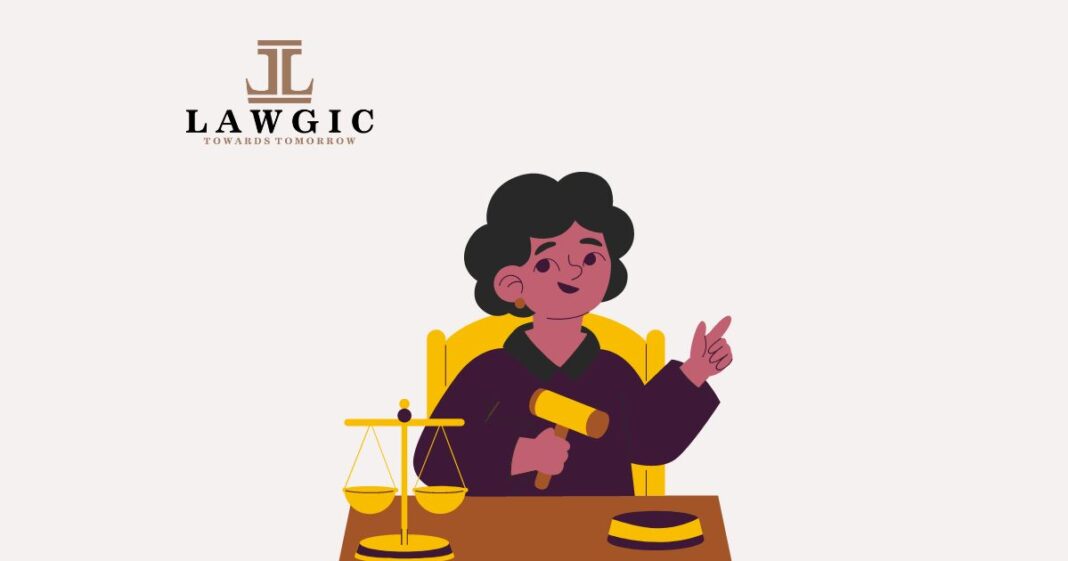A Bench of Chief Justice Sunita Agarwal and Justice Aniruddha Mayee of Gujarat High Court expressed shock after knowing about the incident of rape, molestation, favouritism, homophobia, suppression of voice, and discrimination, at Gujarat National Law University.
“Incidents of molestation, rape, discrimination, homophobia, favouritism, suppression of voice, lack of Internal Complaints Committee, lack of information to the students about Internal Complaints Committee”.
The report was submitted by a committee led by former High Court judge Justice Harsha Devani.
This committee was established to investigate allegations of sexual harassment and homophobia at GNLU, as reported in the news.
The suo motu public interest litigation was initiated by the High Court after allegations of rape of one student and harassment of other at GNLU were reported in Ahmedabad Mirror, following to which the committed had been reconstituted to investigate the said allegations.
Expressing astonishment at the occurrence of such incidents within a national law university, the Court highlighted that the GNLU Registrar had previously submitted an affidavit refuting the accusations and requesting the Court to conclude the suo motu proceedings.
“He had the audacity to say this in the court when the court is seized with the matter. How will these people protect the children?”.
The bench further remarked that “It was so difficult for the students to speak and they are students of law. If the voices of students of law are suppressed, who will speak in the country? They are supposed to protect others, they are supposed to help others whose voices are to be heard in the society”.
The court emphasized that the identities of the accused individuals have been disclosed, along with a clear assertion that a politically influential figure played a role in obstructing the case from advancing with the police.
Furthermore, the court affirmed its trust in the students credibility.
“How can we expect the students to be stating something wrong and why would they do it? They are studying in the institution and they have no personal grudges against any of the faculty members.”
Emphasizing the necessity of a thorough investigation into the operations of GNLU and its faculty, the Court directed Advocate General Kamal Trivedi to propose an appropriate authority to act upon the report.
The Bench stipulated in its directive that decisive steps must be taken based on the report by a competent entity. Both the amicus curiae and the Advocate General were tasked with aiding the Court in facilitating this process.


